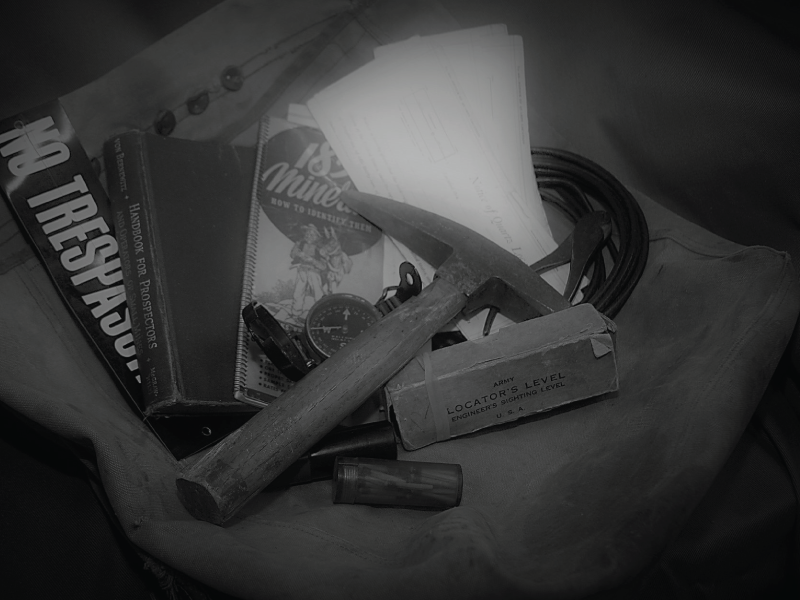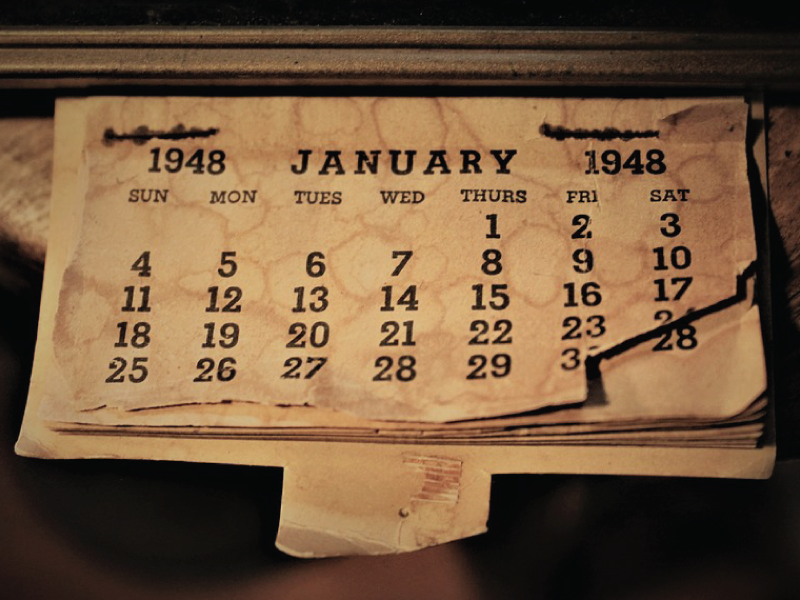Now that your hero has received the call, how do they answer it? Are they a willing Hero or do they have doubts and inner conflicts?
Refusing the Call to Quest provides the opportunity to strengthen our Hero’s character as they are within their ordinary world, and shed light on their internal obstacle(s), definitely highlighting their own uncertainty and lack of confidence in themselves to be able to embark on the journey presented to them in The call to Quest.
• Our Hero hesitates in their decision to heed the call to quest.
• Perhaps something happens that makes our Hero second guess embarking on the journey.
• Our Hero doubts themselves and their ability to physically, emotionally, mentally, spiritually embark on the journey.
• Great setup opportunity to show our Hero’s arc in the end and how much they have learned and changed.
Debate (Internal and/or External): The debate is our Hero working through everything the herald character has presented them with. The debate is often more internal than external, and it’s our hero trying to weigh all of their options. Our Hero visits or is visited by something or someone that provides a new perspective that reinforces the importance of the journey.
•Our Hero realizes only they are supposed to go on the journey.
• Though doubt, fear and uncertainty still plagues our Hero.
• Can also include the Meeting with Mentor(s) scene(s).
Podcast: Play in new window | Download
Subscribe:
Like this:
Like Loading...










